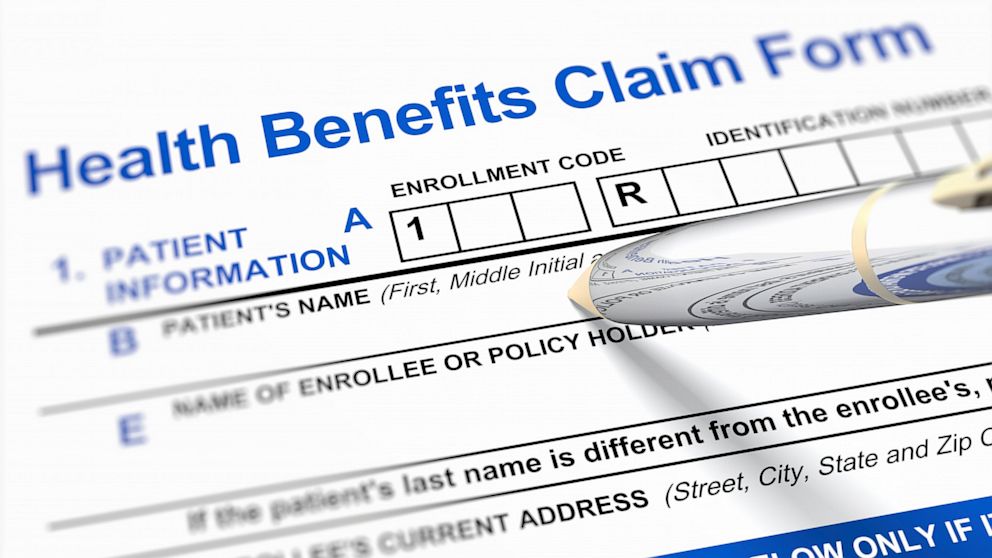9 More Things to Know About Health Insurance Exchanges
You had questions, and we have answers.

Sept. 25, 2013— -- intro: You had questions about the new health insurance exchange program, and we have answers.
On Tuesday we brought you the 10 things you need to know about health insurance exchanges.
Some of you asked how the exchanges will affect retirees, while others wondered about religious exemptions. To help clear things up before open enrollment starts Oct. 1, here's the second installment of our health insurance explainer.
Again, leave your questions in the comments section and we'll do our best to answer them.
Source: HealthCare.gov
quicklist: 1category: Health Insurance Exchange Questions Answeredtitle: What if I'm retired?url: text: If you're over 65, you might be eligible for Medicare. And if you're covered through Medicare, you don't need to purchase a plan through the health insurance exchange program.
If you're under 65 but you have retiree health benefits, you're also considered covered. But you might qualify for lower premiums and out-of-pocket costs through the insurance exchange program, so it's worth a look.
If you're under 65 and you don't have retiree health benefits, you're responsible for buying insurance. If you don't have coverage in 2014, you'll face a fine. If you turn 65 in 2014 and you qualify for Medicare, you can cancel the plan you purchased.
quicklist: 2category: Health Insurance Exchange Questions Answeredtitle: What if I'm a student?url: text: If you're under 26, you may qualify for coverage through your parents' plan. This is true even if you're married, living away from home or attending school.
If you turn 26 in 2014, you can enroll in a new health insurance plan even after open enrollment closes March 31.
If you're under 26 but not covered through you parents' plan, you can buy coverage through the health insurance exchange program starting Oct. 1. People under 30 can qualify for catastrophic coverage with a lower premium but a higher deductible.
quicklist: 3category: Health Insurance Exchange Questions Answeredtitle: What if I live outside the U.S.?url: text: If you're a U.S. citizen living abroad, you don't need to purchase a plan through the health insurance exchange program (the plans only cover health care services in the U.S. anyway). You will not face the fine that uninsured U.S. citizens living at home have to pay.
quicklist: 4category: Health Insurance Exchange Questions Answeredtitle: What if I'm a smoker?url: text: Pricing information for plans offered through the health insurance exchange program goes live Oct. 1. Until then, it's unclear whether smokers will pay higher premiums.
All of the plans offered through the exchanges cover preventive services, including "cessation interventions" for tobacco users.
quicklist: 5category: Health Insurance Exchange Questions Answeredtitle: What if I'm already covered by private health insurance?url: text: If you have health insurance that you purchased directly from an insurance company, you don't need to buy a plan through the health insurance exchange program. But you might qualify for lower premiums and out-of-pocket costs through the exchange program, so it's worth a look.
Starting in 2014, all insurance plans must offer "essential health benefits" for emergency services, maternity, neonatal and pediatric care, outpatient and rehabilitation services, counseling and therapy, preventive and wellness services, and prescription drugs. This is true whether you buy the plan directly from an insurance company or through the health insurance exchange program.
quicklist: 6category: Health Insurance Exchange Questions Answeredtitle: What if my kids are covered by private health insurance?url: text: If your kids have health insurance purchased directly from an insurance company, you don't need to buy new coverage for them. But you might qualify for lower premiums and out-of-pocket costs through the health insurance exchange program, so it's worth a look.
quicklist: 7category: Health Insurance Exchange Questions Answeredtitle: What if my employer isn't offering health insurance?url: text: You're responsible for having health insurance in 2014, whether your employer offers it or not. If your employer isn't offering health insurance, you can purchase coverage through the health insurance exchange program. You may qualify for lower premiums and out-of-pocket costs (people who have job-based coverage might not qualify for those cost-savings).
No employer is required to offer health insurance, but employers with more than 50 employees may be charged a fee if they fail to offer coverage that's affordable and meets a minimum standard. The fee, dubbed an Employer Shared Responsibility Payment, is up to $3,000 per employee.
quicklist: 8category: Health Insurance Exchange Questions Answeredtitle: What if I'm on Medicaid?url: text: If you're covered through Medicaid, you don't need to purchase a plan through the health insurance exchange program. And under the new health care law, Medicaid eligibility is expanding in some states.
Visit your state's Medicaid website to find out whether you'll qualify in 2014. If you would qualify under the new income limits but your state has chosen not to expand Medicaid eligibility, you will not have to pay a fine for not purchasing health insurance.
quicklist: 9category: Health Insurance Exchange Questions Answeredtitle: What if I don't want health insurance for religious reasons?url: text: If you're a member of a recognized religious sect that has religious objections to health insurance, you will not have to pay a fine for not purchasing health insurance. You're also exempt from the fine if you participate in a health care sharing ministry.



